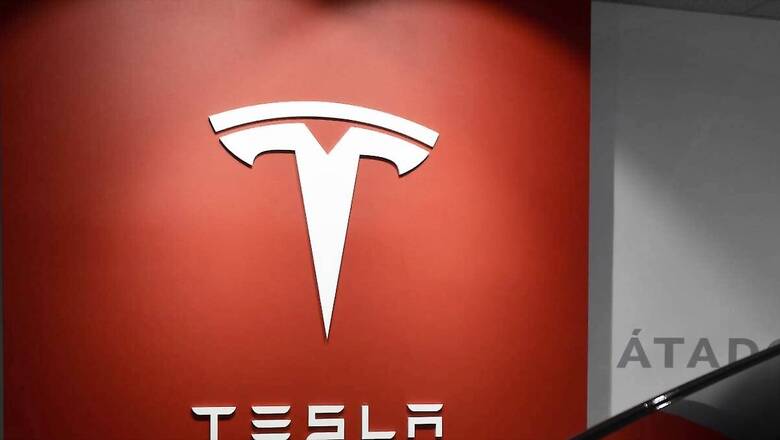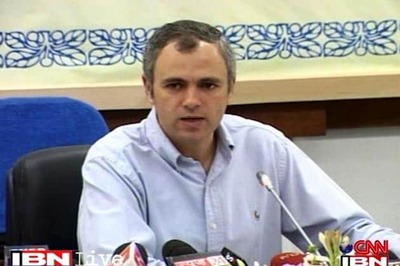
views
Commerce and Industry Minister Piyush Goyal stated that India will not modify its policies to accommodate US electric car manufacturer Tesla.
Instead, its laws and tariff regulations will be designed to entice global manufacturers of all-electric vehicles to establish a base in the country.
Tesla has been pursuing an initial tariff exemption that would enable it to deduct a 70 percent customs charge on vehicles valued less than $40,000 (Rs 33,07,176) and 100 percent on vehicles of higher value.
Goyal stated in a PTI interview that while the government acknowledges the need for a thriving EV ecosystem, it would not modify laws to benefit one particular company.
“We are working on several initiatives where we are having inter-ministerial (consultations) and a dialogue with the stakeholders, with potential investors from across the world from Europe, from the United States, from the Far East, from Japan, from Korea,” he stated.
Goyal made his remarks in the wake of Tesla requiring the concession in order to construct a plant in India. High motor vehicle tariffs, which were imposed to increase domestic manufacturing, have also continued to be an obstacle for other international automakers.
“Government does not tailor policy for any one individual company or its interests. Everybody is free to make their demands. But that does not mean that the government will necessarily take a decision (based on) what you demand,” Goyal said responding to a question regarding whether the government is considering making any kind of concession to Tesla for establishing a manufacturing unit in India, as reported by Business Today.
The Union minister went on to say that they understand how important it is for India to have a thriving ecosystem for electric mobility and how investing in it may have many advantages.
According to Goyal, it would not only aid in the battle against climate change but also enhance the environment and reduce pollution, especially in cities where internal combustion engines and the expelled fumes of petrol and diesel are major causes of pollution.
He went on to say that it offers a plethora of diverse advantages that will boost our nation’s economy and environment in addition to increasing the pace of economic output.
“It will save foreign exchange, reduce our trade deficits, help us in our fight against inflation, thereby helping us in reducing interest rates,” he added.
The minister stressed that the industry may be an effective tool for strengthening the nation’s macroeconomic foundation.
Accordingly, he continued, it would be an ongoing endeavour to support global producers of all-electric vehicles.
Currently, automobiles imported as completely built units (CBUs) are subject to customs duties ranging from 60 percent to 100 percent, contingent upon engine size and cost, insurance and freight (CIF) value of less than or greater than $40,000 (Rs 33,07,176).
Elon Musk, the CEO of Tesla Inc., met Prime Minister Narendra Modi in New York in June 2023. Musk said he will visit India in 2024 after his meeting with the Prime Minister.




















Comments
0 comment